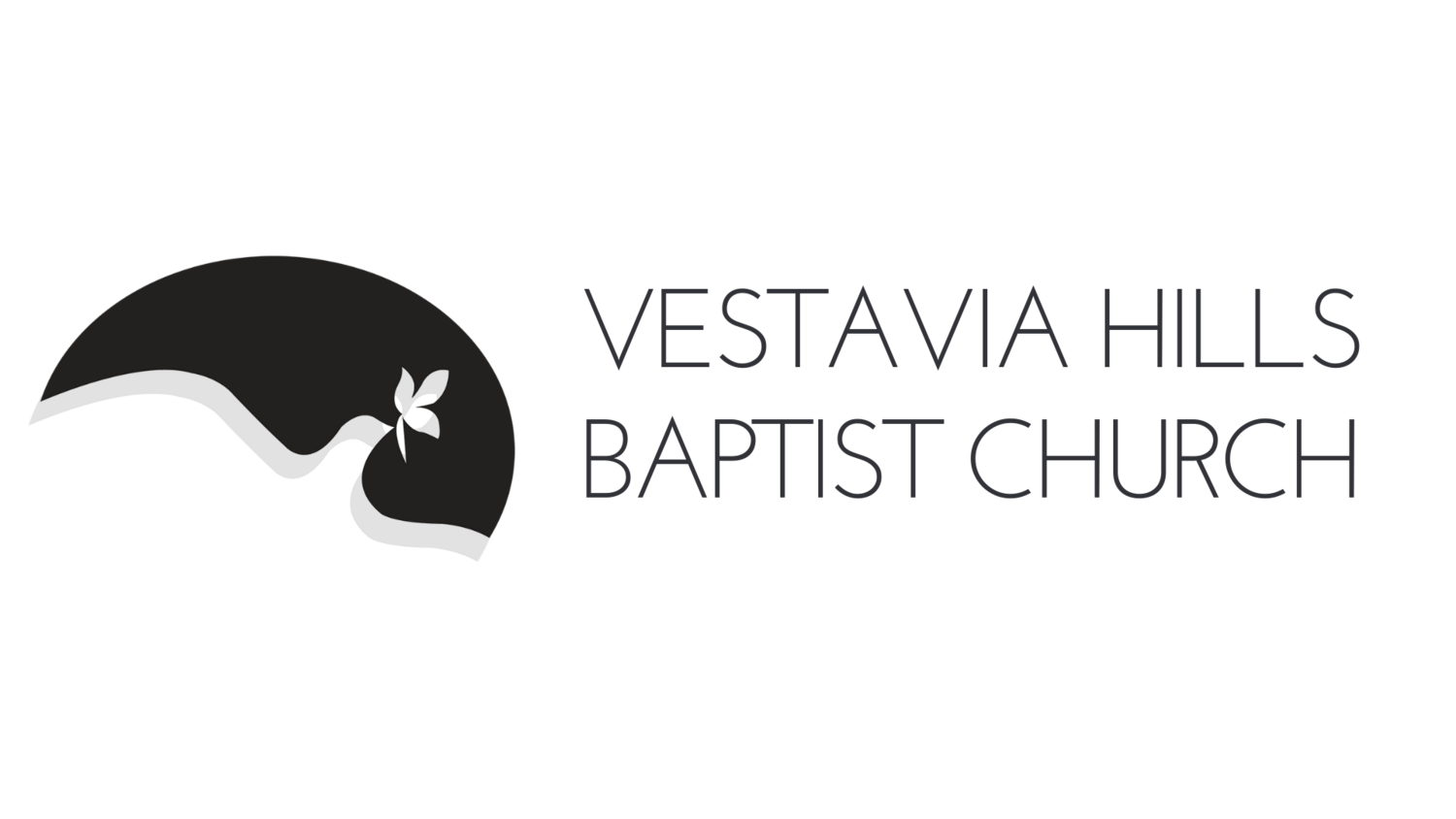Tables, part 2
A Thanksgiving to Remember
by Ginny Bugg
It was November 1980. The waning days of Jimmy Carter’s presidency. Fifty-two Americans had been held hostage in Iran for more than a year following a takeover of the U.S. Embassy in Tehran by radical Muslim students. Both diplomatic and military attempts to free the hostages had failed, and as time continued to pass, Americans were growing increasingly angry and frustrated. (The hostages would not be released until the moment of Ronald Reagan’s inauguration in January 1981.)
Our family had moved from Louisville to Birmingham three years earlier, and I was teaching in the English department at Birmingham-Southern. One of my favorite students was a charming foreigner named Amir, who had come from, of all places, Iran, to play soccer at the college. He had a cousin who had also come to play soccer. The cousin was not in any of my classes, but I had come to know and like him through Amir. We never knew what his real first name was, because his friends had reduced his unpronounceable Iranian name to “Sidney.” Like Amir, Sidney had been well brought up by upper middle-class parents. He was polite and quite fluent in English. The boys’ fathers ran an oriental rug business. They were Muslim but not radical. America was not an enemy but a market for them. The boys were embarrassed by the hostage crisis. They disliked the whole fundamentalist revolution and the resulting elevation of the violently anti-American Ayatollah Khomeini. They survived in Birmingham by telling anyone who asked about their obvious Middle Eastern nationality that they were “Persian.”
For some reason, we were not planning to go home to Tennessee for Thanksgiving that year. Amir and Sidney would be stranded on campus with a few other foreign students while everyone else went home for the weekend, so we decided to invite them to have Thanksgiving dinner with us, to share our table.
Although we had planned a typical American turkey and dressing meal, they insisted on bringing some traditional Iranian food, which turned out to be a delicious lemon chicken dish with steamed rice. What little we remember of the day’s conversation had to do with how they were managing to live in a country that reviled their country, and what they liked about America and American products. We don’t remember how we handled prayers of Thanksgiving across two religions and two cultures. Our children were small enough that they hardly remember that day at all. But Bill and I recall it as a day when friendship, tolerance, and mutual respect transcended hatred and fear, and all the posturing and threats and name-calling were replaced by simple gratitude. It’s a memory that has grown a little fuzzy over the years, but it’s a good one. And maybe, just maybe, what happened around our Thanksgiving table in 1980, bears a lesson for today.

